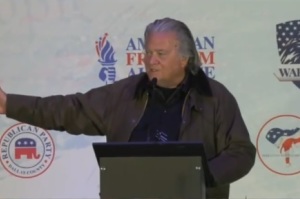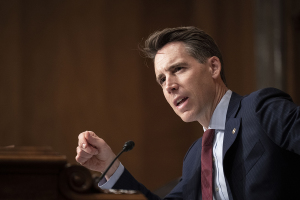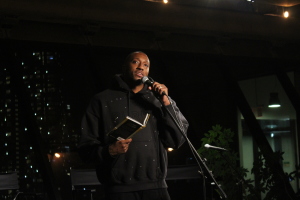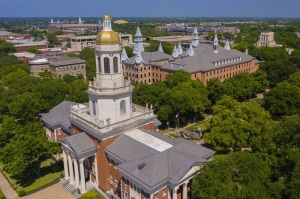Sri Lanka: Church offers forgiveness year after terror attacks but religious hostilities remain
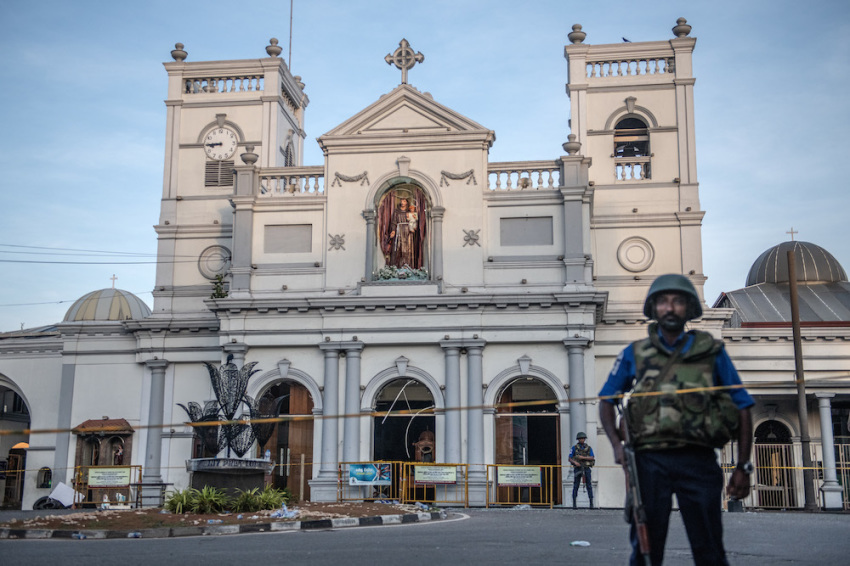
Speaking on Easter Sunday in a televised message, Sri Lanka’s Cardinal Malcolm Ranjith said the church has forgiven the Islamist suicide bombers who killed at least 279 people and injured around 500 others, mostly Christians, at three churches and three hotels last Easter.
“We offered love to the enemies who tried to destroy us. We forgave them,” Cardinal Ranjith said, according to the Press Trust of India.
“The attackers may have had some anger towards Jesus but they caused a big damage to us Catholics and Christians. In those bomb attacks, it is not only the Catholics who died. A lot of others — Buddhists, Hindus, Muslims, Christian also died.”
On April 21 last year, which was Easter Sunday, nine suicide bombers, including a woman, struck two Catholic churches in and around the national capital of Colombo and an evangelical church in the eastern city of Batticaloa as well as three Colombo hotels.
At least 39 tourists were killed in the attack, including at least four American nationals, who among them was a fifth-grade student at a Washington, D.C., private school. Twenty-eight other foreign nationals were wounded in the bombings.
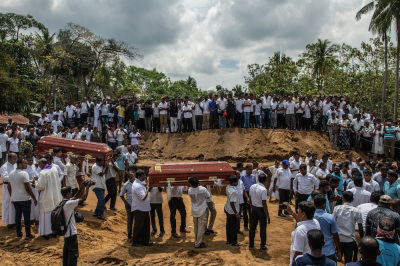
Sri Lankan police arrested 135 people after the bombings, which was attributed to a local radicalized group called National Thowheed Jamath. At least one of the bombers was reportedly trained by Islamic State, also known as IS or ISIS, in Syria in 2014. ISIS claimed responsibility for the bombings.
The U.S. and Indian intelligence services had alerted the Sri Lankan government in early April of last year about the possibility of a major attack targeting churches.
Sri Lanka’s Christians had cordial relations with the local Muslim community, as both minorities had been under attack by fringe Buddhist extremist groups.
The U.N. special rapporteur on Freedom of Religion or Belief, Ahmed Shaheed, made a visit to Sri Lanka after the bombings.
“Often, the Muslim communities and new Christian churches, in particular, faced a range of harassment and assaults,” the special rapporteur noted in his interim report. “This ranges from interruption of worship, damage to places of worship, physical assaults on clergy, intimidation, mob violence towards the community or clergy, demands for registration of the church or mosque and restricting the use of places of worship, the obstruction of religious rites such as those related to burial ceremonies or access to cemeteries, incitement to violence to the community and many other acts of intolerance.”
The U.N. official also noted that “the right to proselytize does not appear to be respected or protected in Sri Lanka,” whose Supreme Court decided in 2003 and 2017 “that the right ‘to propagate’ one’s religion is not protected by the Constitution.”
“The decision has affected many of those whose religion requires them to share their religion or belief with others,” he said.
Last month, the special rapporteur presented his latest report at the U.N. Human Rights Council, saying the government had not done enough to ensure that no such religion-related violence takes place in the future.
“The failure to ensure accountability for past violations and to undertake comprehensive security sector reforms to dismantle the structures that facilitated them means that the people of Sri Lanka, from all communities, have no guarantee that violations will not recur,” he said. “Such failure alienates victims and their communities, instilling distrust in the State, and has the potential to fuel further cycles of violence.”
The Buddhist nationalist group Bodu Bala Sena (the Buddhist Power Force), which has attacked and incited violence against Christians and Muslims, was formed in 2012 under the patronage of Gotabaya Rajapaksa, who is currently the President of Sri Lanka.















